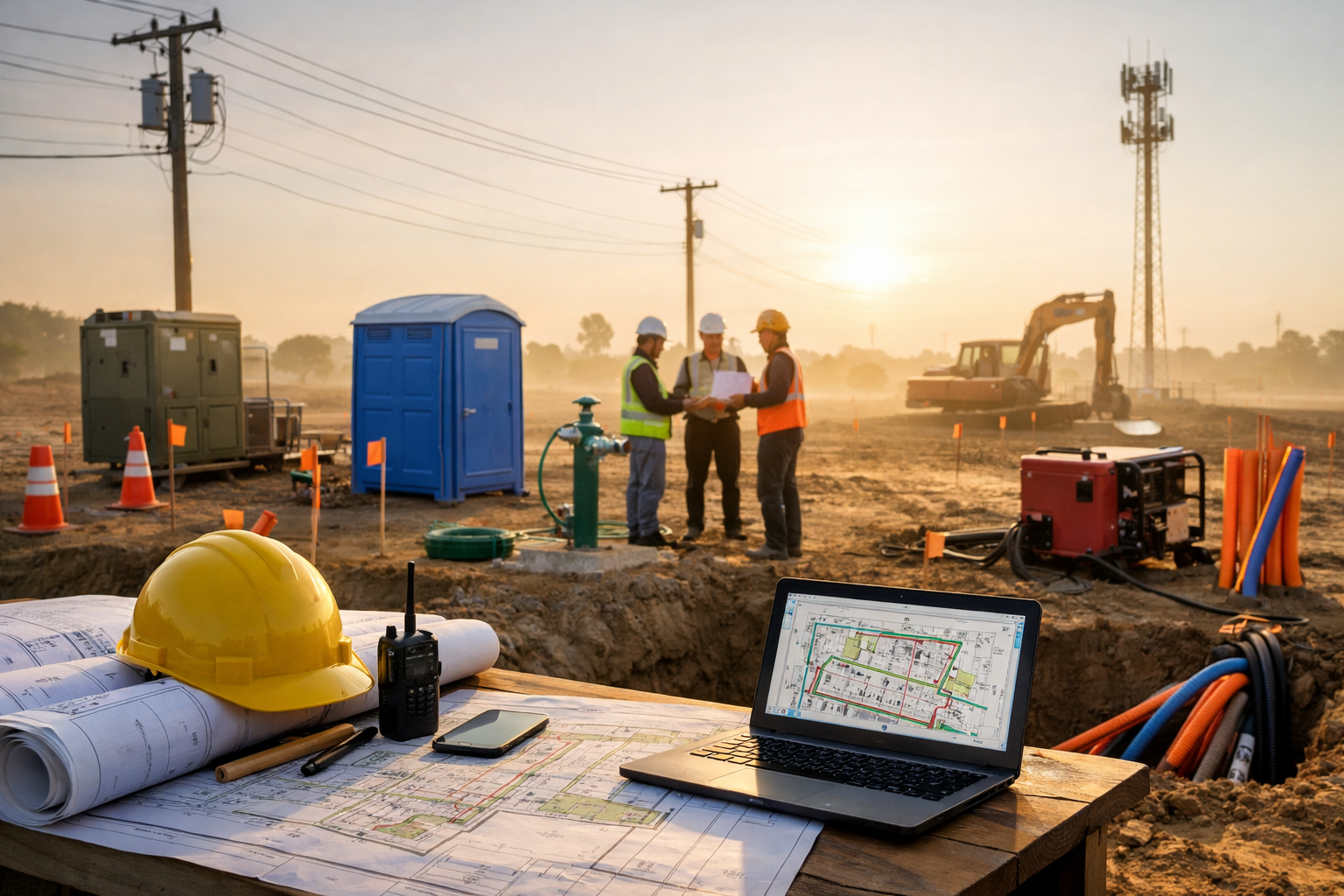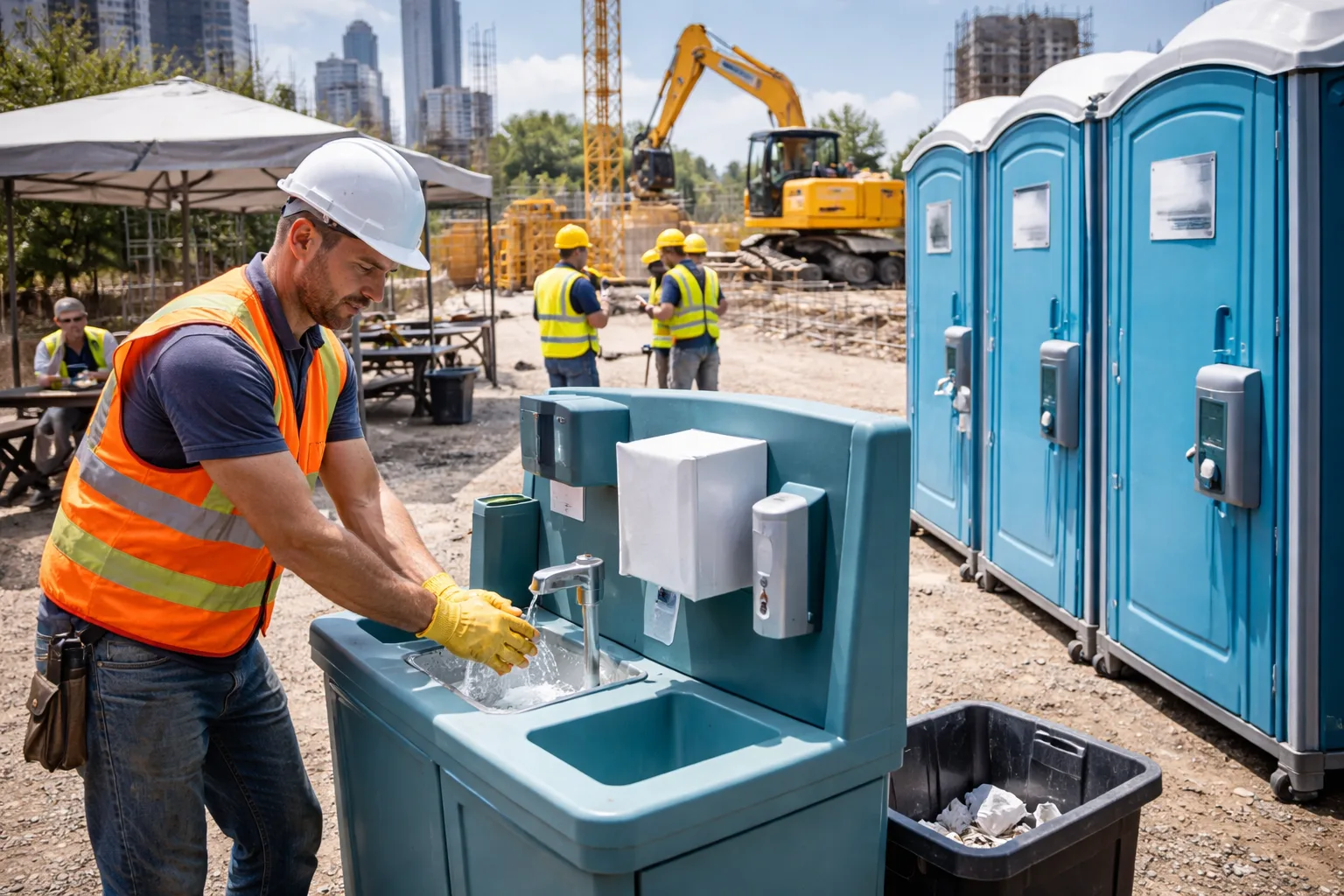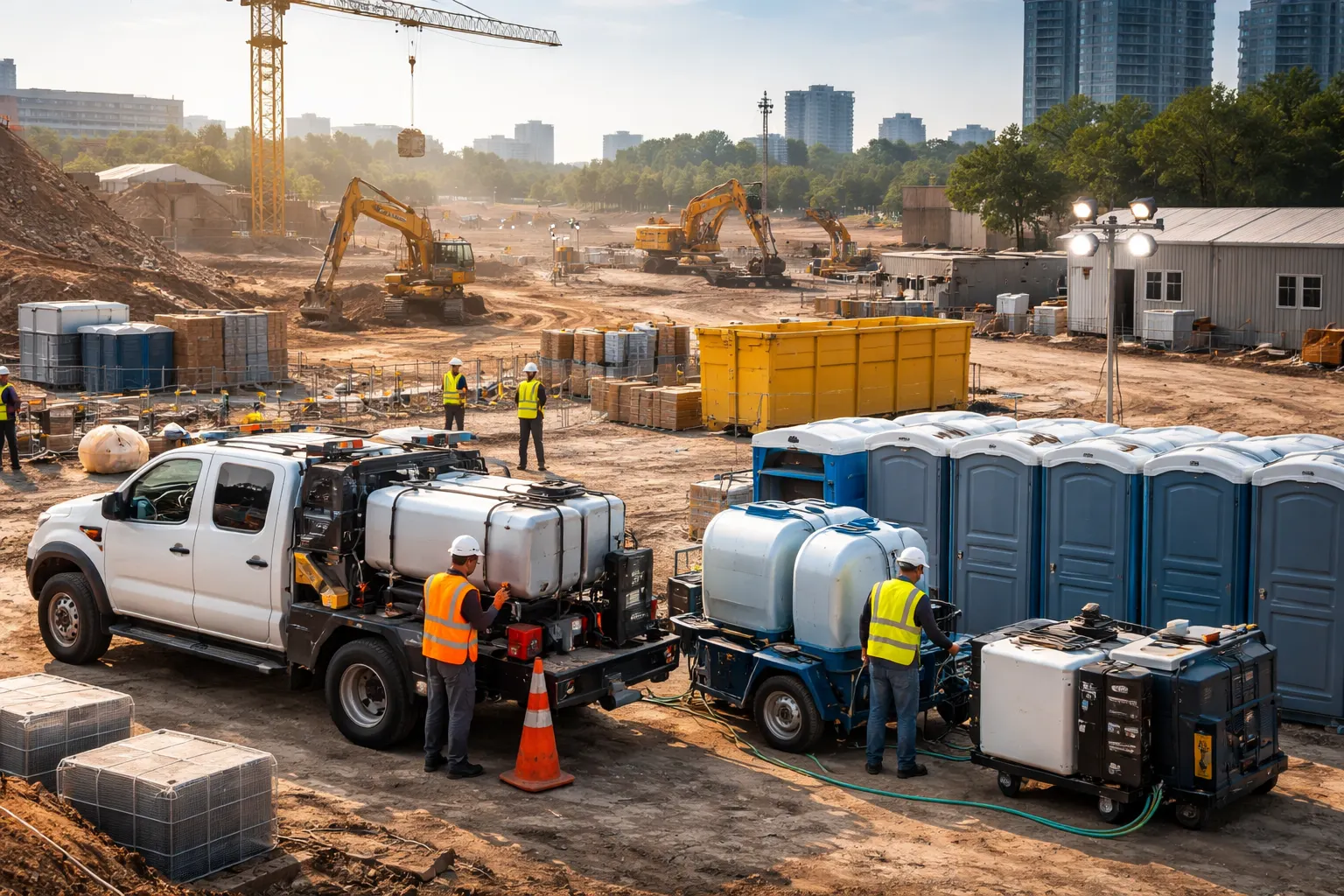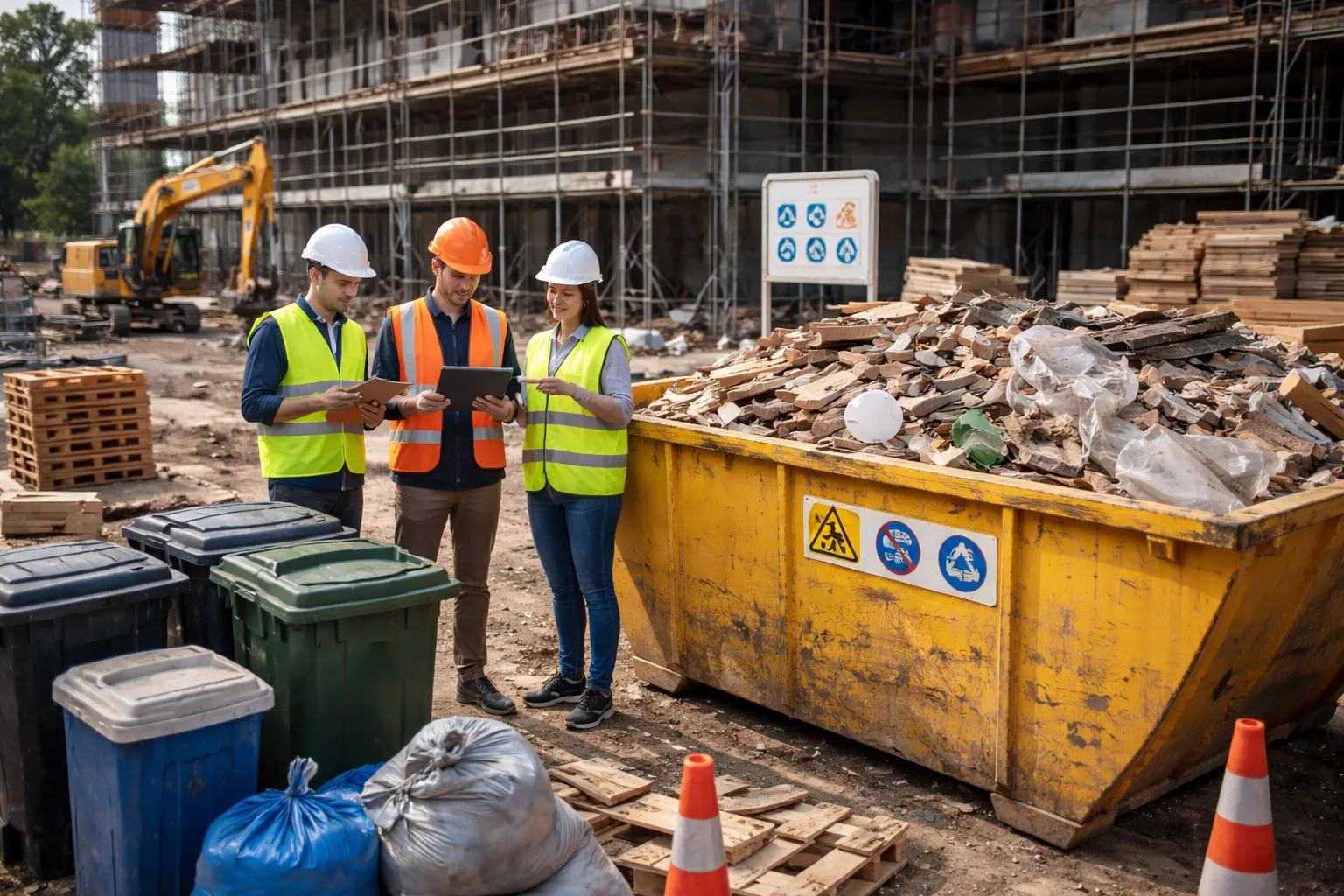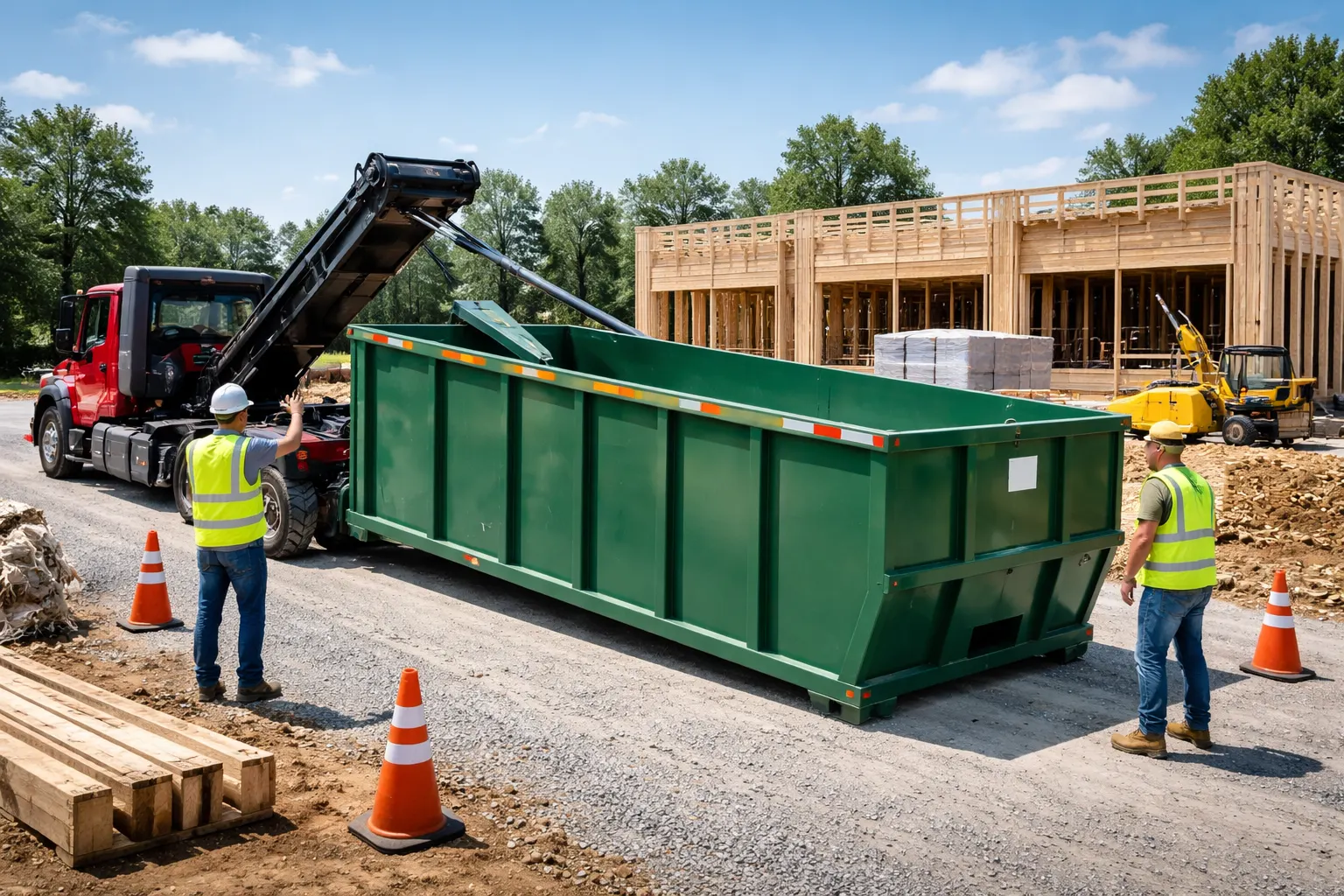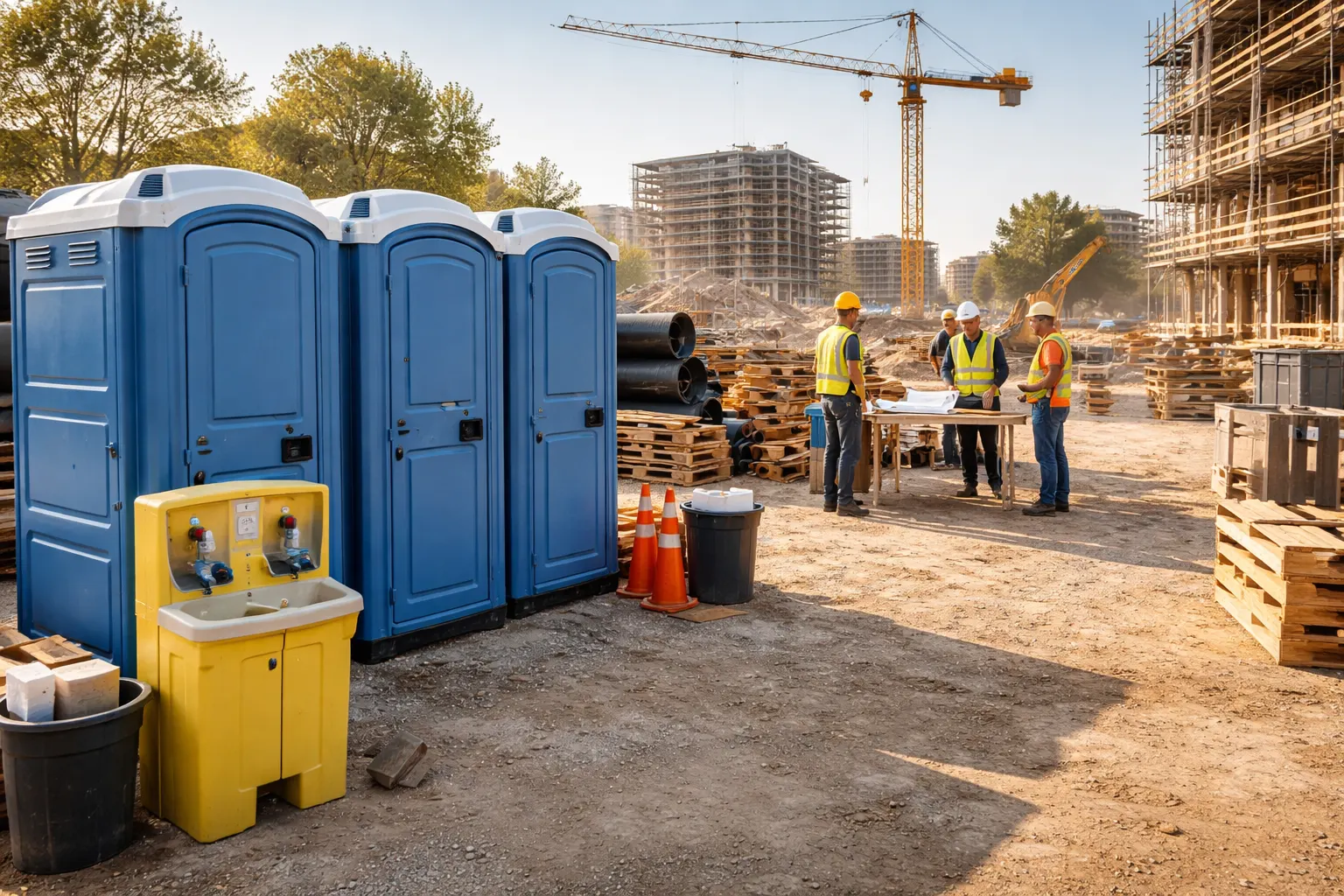Eco-friendly construction cleanup is an essential aspect of sustainable building practices. As the construction industry grows, so does the amount of waste it produces. Implementing eco-friendly strategies can significantly reduce waste, lower costs, and protect the environment. This article delves into sustainable demolition practices, green cleaning services, and other environmentally friendly cleanup services that can transform your jobsite into a model of eco-conscious site management.
In today’s world, sustainability isn’t just a buzzword—it’s a necessity. The construction industry is responsible for a significant portion of global waste, but by adopting eco-friendly practices, we can make a substantial difference. Eco-friendly construction cleanup involves recycling construction debris, reducing waste, and using environmentally safe cleaning products. These efforts not only benefit the planet but also enhance the reputation of your business.
Sustainable Demolition Practices
One of the first steps in eco-friendly construction cleanup is adopting sustainable demolition practices. This means carefully deconstructing buildings to salvage materials that can be reused or recycled. For instance, instead of demolishing a building with a wrecking ball, consider dismantling it piece by piece. This approach allows you to recover valuable materials like wood, metal, and bricks, which can be reused in new projects.
Green Cleaning Services
Green cleaning services are an integral part of environmentally friendly cleanup services. These services use biodegradable cleaning products that do not harm the environment. By choosing green cleaning services, you’re reducing the amount of toxic chemicals released into the air and water. Furthermore, these services often use energy-efficient equipment, which helps lower your carbon footprint.
Waste Reduction Strategies
Implementing waste reduction strategies on your jobsite is crucial for minimizing environmental impact. These strategies focus on reducing, reusing, and recycling materials whenever possible. Here are some practical waste reduction strategies to consider:
Onsite Recycling
Setting up an onsite recycling program is one of the most effective waste reduction strategies. By separating materials like wood, metal, and concrete, you can ensure they are recycled appropriately. This not only reduces the amount of waste sent to landfills but also saves money on disposal costs.
Material Reuse
Whenever possible, reuse materials instead of discarding them. For example, old bricks and concrete can be crushed and used as aggregate for new construction projects. Similarly, wood can be repurposed for new structures or as temporary supports on the jobsite.
Smart Purchasing
Planning your purchases carefully can also help reduce waste. By ordering the exact amount of materials needed for a project, you can minimize leftovers and avoid unnecessary waste. Additionally, consider purchasing materials made from recycled content or those that can be easily recycled after use.
Green Construction Cleaning
Green construction cleaning goes beyond just using eco-friendly products. It involves a comprehensive approach to maintaining a clean and sustainable jobsite. Here are some key aspects of green construction cleaning:
Environmentally Safe Cleaning
Using environmentally safe cleaning products is crucial for protecting both the environment and the health of workers on the jobsite. These products are free from harsh chemicals and are often made from natural ingredients. In addition to reducing pollution, they help create a healthier work environment.
Dust Control
Construction sites are notorious for dust, which can harm both the environment and human health. Implementing dust control measures, such as wet sweeping and using dust suppressants, can significantly reduce airborne particles. This not only improves air quality but also helps comply with environmental regulations.
Regular Site Cleanup
Maintaining a clean jobsite is essential for both safety and sustainability. Regular site cleanup prevents debris from accumulating, reducing the risk of accidents and environmental contamination. Encourage workers to keep the site tidy and provide adequate waste disposal facilities.
Eco-Conscious Site Management
Eco-conscious site management involves integrating sustainable practices into every aspect of construction. By prioritizing sustainability, you can reduce waste, conserve resources, and improve your bottom line. Here are some tips for managing an eco-friendly jobsite:
Training and Education
Educating your team about sustainable practices is essential for successful implementation. Provide training on waste reduction strategies, recycling procedures, and the use of environmentally safe products. Encourage workers to share ideas for improving sustainability on the jobsite.
Sustainable Procurement
Choose suppliers and subcontractors who share your commitment to sustainability. Look for companies that offer recycled or eco-friendly products and services. By supporting sustainable businesses, you contribute to a greener supply chain.
Monitoring and Reporting
Regularly monitor your jobsite’s environmental impact and report on your sustainability efforts. This helps identify areas for improvement and demonstrates your commitment to eco-friendly practices. Sharing your achievements with clients and stakeholders can enhance your reputation and attract more business.
Conclusion
Eco-friendly construction cleanup is a vital component of sustainable building practices. By implementing strategies like sustainable demolition, green cleaning services, and waste reduction, you can significantly reduce the environmental impact of your projects. Not only do these practices protect the planet, but they also improve the efficiency and reputation of your business. As the construction industry continues to evolve, embracing eco-conscious site management is more important than ever.
By making small changes today, you can pave the way for a more sustainable future in construction. Let’s work together to reduce waste, conserve resources, and build a greener tomorrow.

